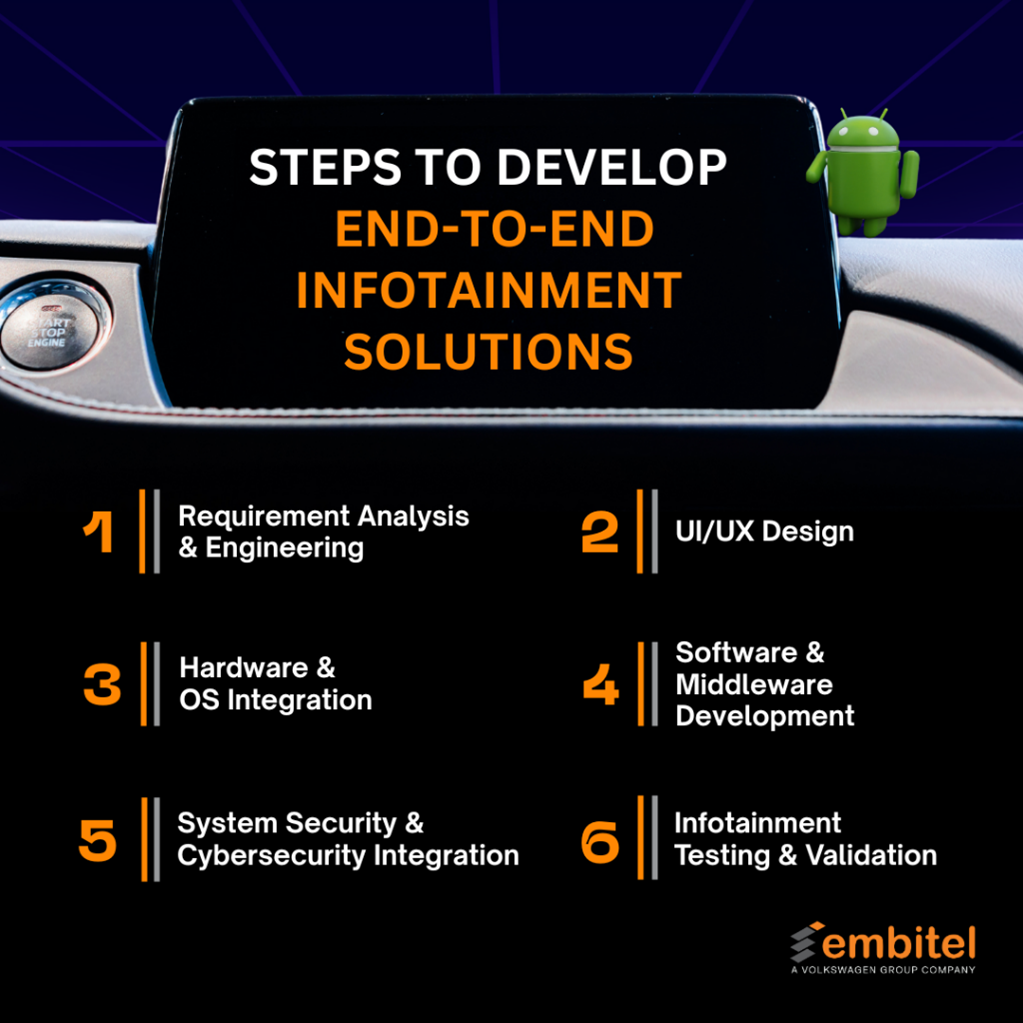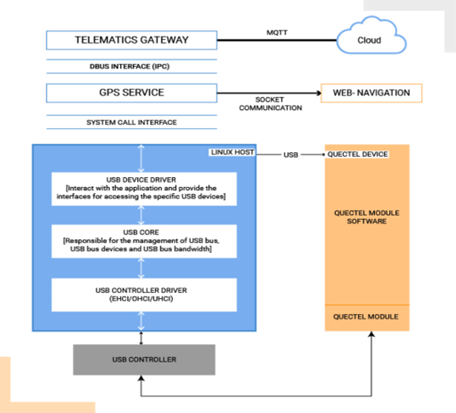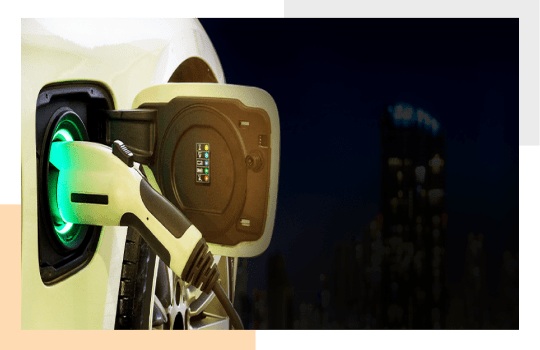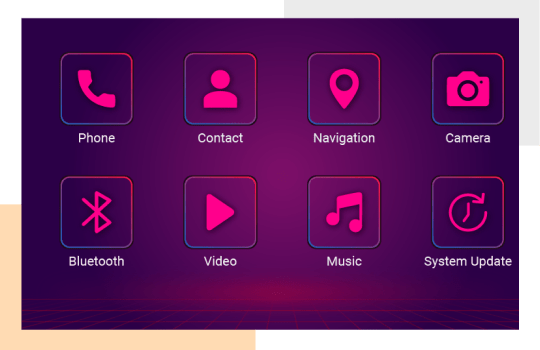We engineer the core of your infotainment system through our expertise in working with the latest automotive operating systems.
Here’s how:
- AAOS Bring-Up (12 / 13 / 14): Dual-display enablement, framework & HAL customization, vendor / third-party app integration
- AOSP Customization: Build-system setup, framework extensions, custom HALs, non-GAS feature enablement
- System Services: GAS feature enablement, Audio, Bluetooth, Connectivity, Media, and vehicle-specific integrations such as car controls (climate, seat adjustment, etc.)
- Performance Optimization: Power management, startup-time tuning, and resource profiling
Supported Boards NXP i.MX6 / i.MX8QM, Toradex Apalis & Ixora, Custom Boards
Tech Stack Android Automotive OS (AAOS), AOSP, VHAL, HALs, AIDL IPC, Linux Kernel, Java, Kotlin, Jetpack









